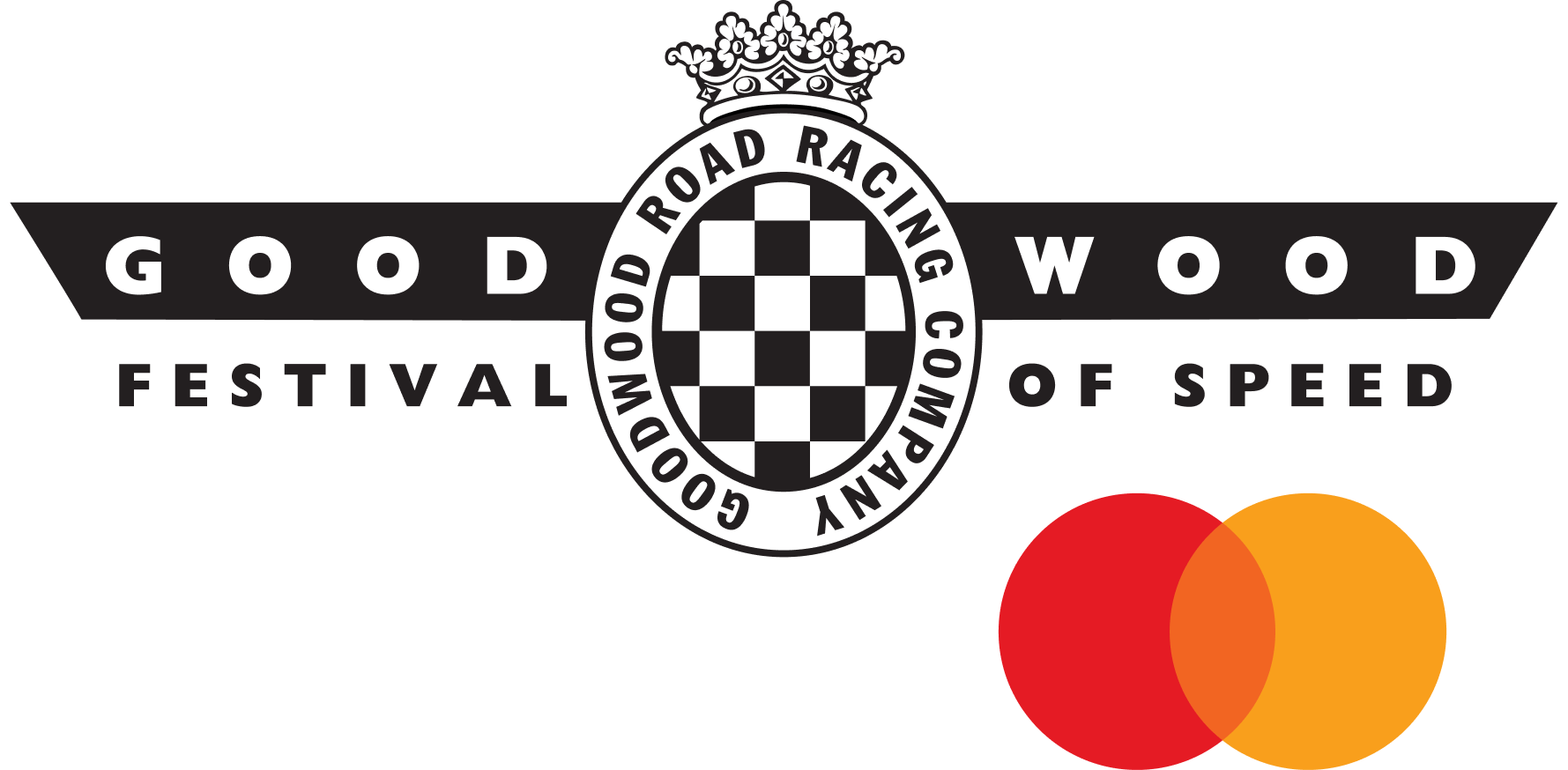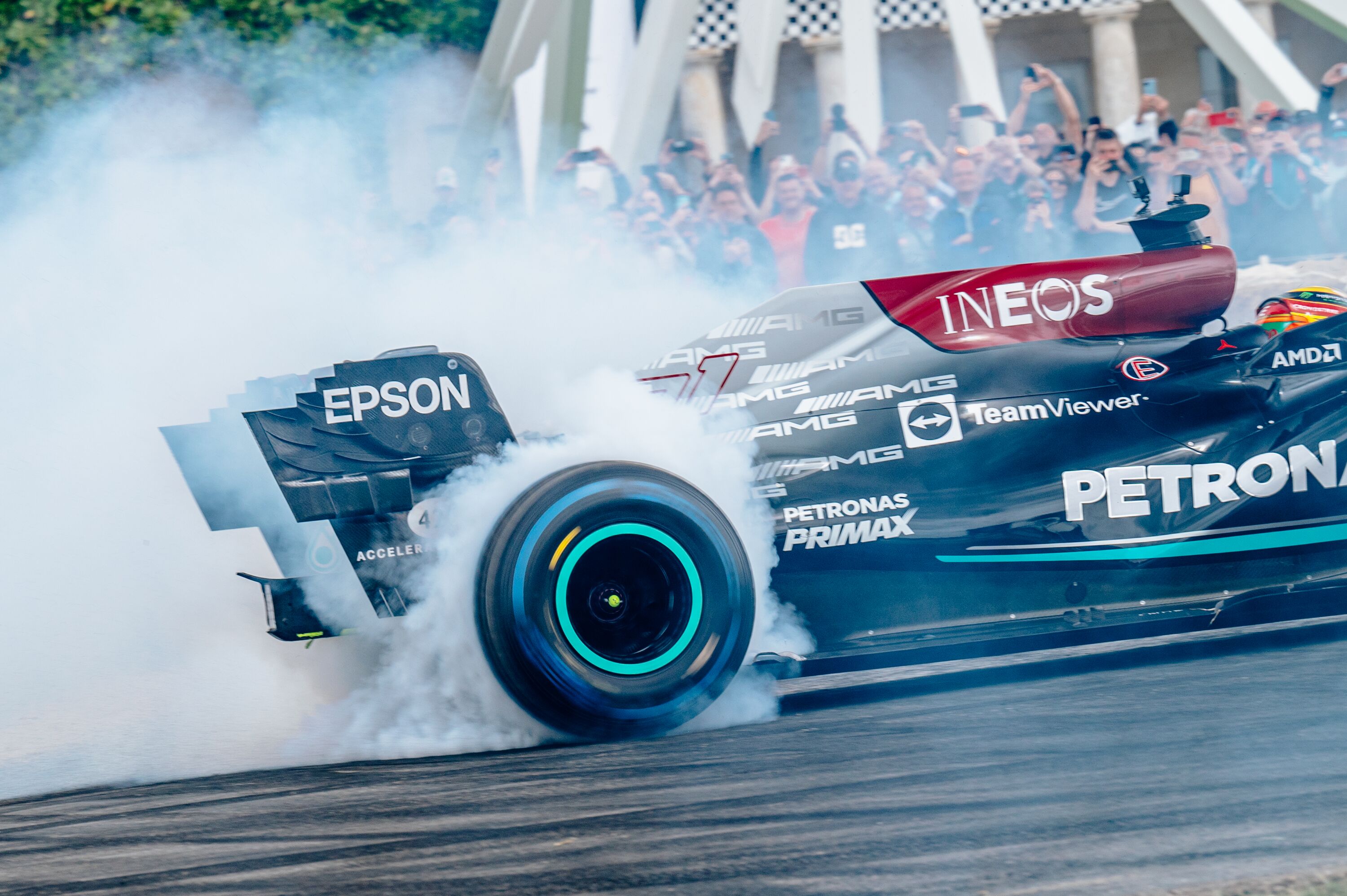Bugatti should build a modern Type 35 | Axon's Automotive Anorak
Of late there has been a noticeable fad for painstakingly accurate limited production ‘continuation’ track-only historic racers, as exemplified by the ‘new’ eight tool-room 1953 C-types announced by Jaguar Classic in late January. These celebratory ‘past glory’ Jaguars have recently joined Bentley’s twelve brand new 4.5-litre Blowers, plus the five factory-fresh Vanwall Grand Prix racers, in addition to a trio of new BRM V16 F1 single seaters, using-up three unassigned chassis numbers.

Add in the now fashionable spate of recent ‘reimagined’ classic cars, such as the ‘Outlaw’ Lancia Aurelia and Porsche 356 created by Thornley Kelham, the Automobili Amos Lancia Delta Futura, Redux E30 BMW M3, Singer and Ares Design 911s, Equus Bass 770 Mustang, Eagle E-type Speedster, Icon Ford Bronco, Alfaholics Alfa GTA-R 290 and Totem Alfa GTe, and so on, and the time for revered revived classic cars, mixing modern mechanicals with iconic historic shapes, definitely seems to be now.
Time was, not so long ago, that brand new cars that were clearly inspired by legendary models from various manufacturers back catalogues were very much en vogue, as demonstrated by popular retro-inspired models like the new Mini, Fiat 500, Alpine A110, MAT Lancia Stratos and now deceased Volkswagen Beetle.
Whilst continuation and reimagined cars currently seem to be superseding retro-modern designs, a handful of exceptional concepts and prototypes recalling past masters still occasionally appear. One of these is the recent surprise on-line appearance of arguably the most recognised of all historic race cars, the revered 1920s Bugatti Type 35.

In the great pantheon of historic competition cars, the Bugatti Type 35 ranks as one of the most significant and successful. The Type 35 dominated pre-war motor racing, taking over 2,000 race victories – both at major Grand Prix and minor events – between 1924 and 1930. This unrivalled success cemented the celebrated Molsheim marque’s sporting legacy which still stands today, almost a century after the iconic 2.0-litre straight-eight Type 35 made its competition debut in the 1924 French Grand Prix de Lyon.
Although unofficial tool room copies of the full-size Type 35 have been constructed by Bugatti specialists as far afield as the UK and Argentina for many years (as well as many – mostly nasty – self-build kit car replicas, often VW Beetle powered!), no recognised ‘official’ continuation models exist, with Molsheim resisting the urge so far to create exacting new facsimiles, despite the appearance of a ‘new’ Type 35 seemingly somewhat inevitable. To-date the only official Bugatti-sanctioned T35 has been a charming three-quarter-scale electric model for kids, recently introduced, a la Ettore Bugatti’s 1920s original. (If you haven’t watched our Baby Bugatti II video review, you really should.)
In the absence of a ‘new’ Bugatti Type 35, step forward Uedelhoven Studios, a respected but publicly unknown German engineering company that has secretly been building concept cars and prototypes behind the scenes in Bavaria for several motoring giants for decades. These have included BMW, Mercedes-Benz, Mini, Hyundai, Rolls-Royce, Koenigsegg, plus the entire VW Group, including Bugatti with its stillborn Galibier four-door saloon prototype of 2009.

Rather than follow Bentley, BRM et al by recreating a precise ‘new’ replica though, Uedelhoven Studios carefully studied the delicacy, elegance and engineering intelligence of the legendary inter-war Grand Prix Bugatti, and successfully used its roaring twenties brio as inspiration for its cunning retro modern design for the 2020s.
With no formal word on whether this ‘new’ Type 35 is an in-house Uedelhoven initiative or a hush hush project commissioned by Bugatti itself, the modern prototype’s formal purity flatters the eye and is cleverly inspired by the clean straight lines and interwar sporting prowess of its glorious 1920s predecessor.
Social media reveals that this intriguing retro-modern Bugatti Type 35 has been presented to the Volkswagen Group’s Executive Board, as revealed by exclusive images on Facebook, with ex-VW Group design chief Walter de Silva carefully examining the car. The ‘new’ Type 35’s horseshoe grille and exposed suspension cunningly evoke Bugatti’s pre-war competition heyday, with coil springs, LED lighting and a fresh take on the iconic French Racing Blue colour scheme subtly adding modern touches to the Uedelhoven-built prototype.
The car’s two-seater interior layout is reminiscent of the 1920s Type 35, with a modern Bugatti Chiron-esque centre console and bucket seats trimmed in the finest leathers, carbon and aluminium.
Technical data for this unexpected new prototype has not been revealed, but we doubt the Bugatti Chiron’s substantial W16 engine would fit in this Type 35’s narrow chassis, suggesting state-of-the-art electric power to be a more likely solution. All very intriguing, and here’s hoping that a handful of examples have either secretly already been made, or will get built, for a few very lucky, and wealthy, clients!
A wealth of other historic race cars also readily lend themselves to a similar professionally-executed retro-modern creation treatment, with the Porsche 917, Lancia D24, Cunningham C4-RK Coupe and Matra 630 (a personal favourite) immediately springing to mind.
I am sure that GRR readers here will have their own potential personal favourites too that they would love to consider for a modern-retro update, so please don’t be shy and use the comments section below to share the car or cars that you would love to see brought up to date for the 21st century. So, please do get your thinking caps on, and have fun dreaming…
Axon's Automotive Anorak
Bugatti































































